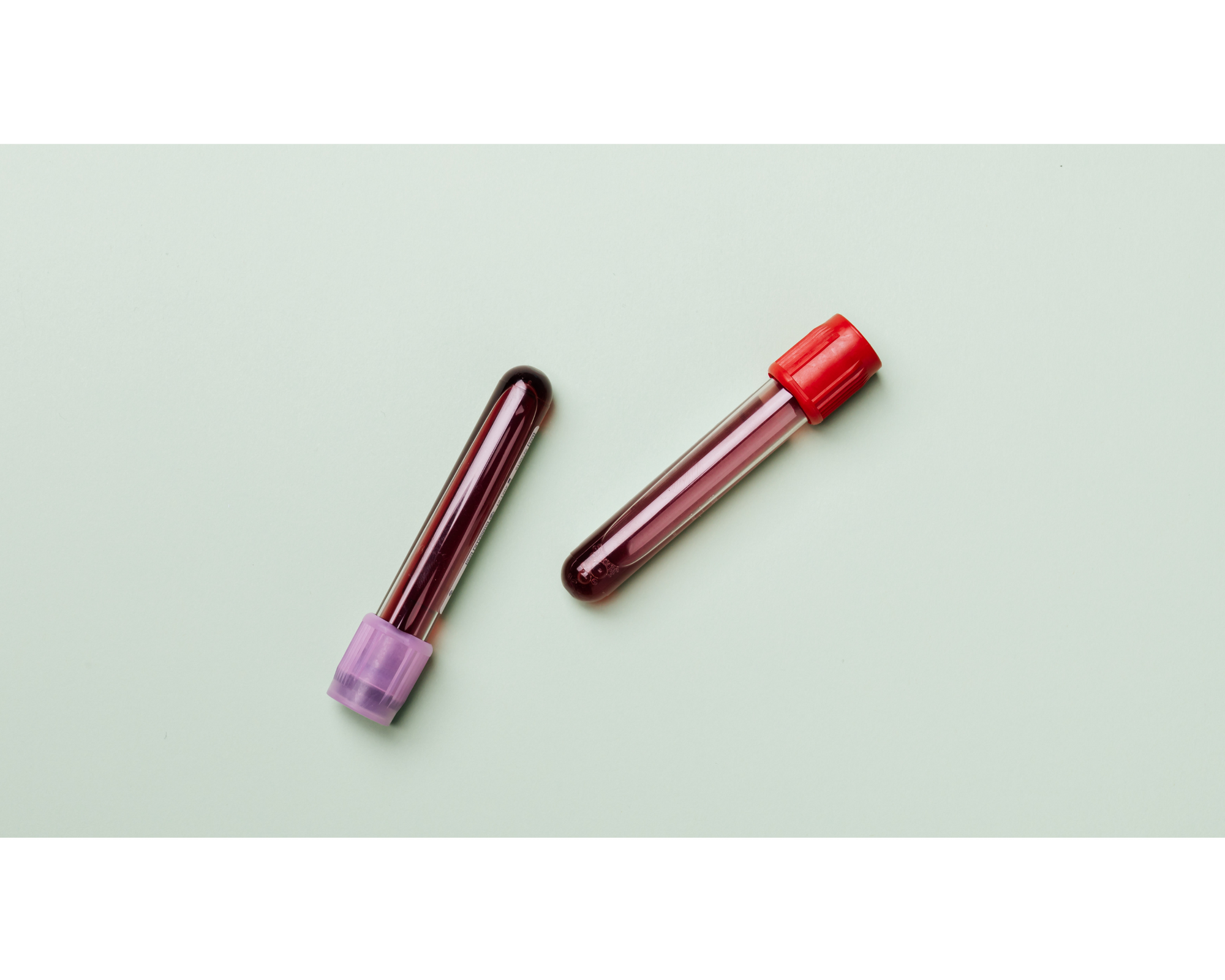

Annual Vet Checks: Why Bloodwork Is a Must for Giant Breed Dogs
When it comes to caring for your dog—especially a gentle giant—routine vet visits are a cornerstone of good health. But have you ever wondered why veterinarians recommend bloodwork? Or what those mysterious test results reveal about your dog’s well-being? Bloodwork isn’t just for sick pets—it’s an essential tool for monitoring health, catching issues early, and giving your dog the best chance at a long, happy life.
In this blog, we’ll demystify bloodwork and show why it’s worth the investment for your furry family member.
Why Is Bloodwork Important?
Bloodwork gives your veterinarian a detailed snapshot of your dog’s internal health. While your dog may seem perfectly fine on the outside, some conditions can develop quietly without obvious symptoms. Blood tests can help detect problems early, often before they become more serious or costly to treat.
For giant breed dogs, bloodwork is especially important because their large size puts them at higher risk for conditions like joint problems, heart disease, and certain metabolic disorders. Regular blood tests allow you to stay ahead of these risks and adjust care as needed.
What Does Bloodwork Measure?
Veterinarians typically recommend two primary types of blood tests: a Complete Blood Count (CBC) and a Blood Chemistry Panel. Each provides valuable information about your dog’s health:
1. Complete Blood Count (CBC):
The CBC measures the different types of cells in your dog’s blood. It’s used to detect:
- Anemia: Low red blood cell count, which can indicate chronic illness or blood loss.
- Infections: High white blood cell counts often signal infections or inflammation.
- Immune System Disorders: Abnormal white cell levels may point to autoimmune diseases.
- Clotting Issues: Platelet levels show how well your dog’s blood can clot, which is vital for injury recovery.
2. Blood Chemistry Panel:
This test evaluates the function of your dog’s organs and metabolic systems, including:
- Kidney Function: High levels of certain waste products (like creatinine) may indicate kidney disease.
- Liver Function: Elevated liver enzymes can suggest liver damage or disease.
- Blood Sugar Levels: Important for detecting diabetes or hypoglycemia.
- Electrolytes: Imbalances in sodium, potassium, or calcium can affect hydration, nerve function, and muscle health.
- Thyroid Function: Abnormal thyroid levels can cause weight changes, lethargy, or other health issues.
Why Bloodwork Is Worth the Investment
It’s no secret that adding bloodwork to a routine vet visit increases the cost, but consider what you’re investing in: your dog’s long-term health and comfort. Here’s why it’s worth every penny:
1. Early Detection Saves Money and Lives
Catching a problem early—before symptoms appear—can mean simpler, less expensive treatment. For example, early-stage kidney disease might be managed with dietary changes, while late-stage disease could require costly treatments like medication or hospitalization.
2. Tailored Care for Giant Breeds
Big dogs have big needs! Regular bloodwork helps your vet monitor their unique health risks, from thyroid imbalances to joint-related inflammation. Adjustments to diet, supplements, or exercise routines can be made based on what the blood tests reveal.
3. Establishing a Baseline
One of the most overlooked benefits of regular bloodwork is establishing a baseline for your dog. By having a record of your dog’s normal blood values, your vet can more easily detect changes over time and act quickly if something seems off.
4. Peace of Mind
Knowing your dog is healthy—or catching issues early—brings peace of mind. Bloodwork helps you feel confident that you’re doing everything possible to give your dog the best quality of life.
Understanding the Costs of Bloodwork
It’s true that adding bloodwork to a routine vet visit can increase the overall cost, and the expense may vary depending on your location, your vet, and the specific tests performed. On average, a basic bloodwork panel can cost anywhere from $100 to $300, with more comprehensive panels (or specialized tests like thyroid or hormone screenings) costing slightly more. While this may seem like a significant upfront expense, it’s important to view it as an investment in your dog’s long-term health. Catching health issues early often prevents the need for costly treatments or emergency care down the line. Additionally, establishing a baseline with regular bloodwork gives your vet the tools to quickly diagnose and treat issues, which can ultimately save money and improve your dog’s quality of life.
How Often Should Bloodwork Be Done?
The frequency of bloodwork depends on your dog’s age, health, and breed. Here’s a general guideline:
- Puppies: Bloodwork is often done during early check-ups to ensure their organs are developing properly.
- Adult Dogs: Annual bloodwork is a good rule of thumb, especially for giant breeds prone to age-related issues.
- Senior Dogs: For older dogs (typically 7+ years), twice-yearly bloodwork helps monitor for chronic conditions or organ decline.
Always discuss with your veterinarian to determine the best schedule for your dog.
What to Do After Bloodwork
If your dog’s bloodwork reveals an issue, don’t panic—many conditions are manageable with the right care. Your vet may recommend:
- Changes to your dog’s diet or exercise routine.
- Starting medications or supplements.
- Scheduling follow-up tests to monitor progress.
Even if everything comes back normal, bloodwork provides valuable reassurance that your dog is healthy and thriving.
An Investment in Health
Regular bloodwork isn’t just an added expense—it’s a proactive step toward keeping your dog healthy, happy, and by your side for as long as possible. For giant breed dogs, this is especially important given their unique health challenges. By partnering with your vet and staying consistent with check-ups, you’re giving your gentle giant the best chance at a long, fulfilling life.
Curious about what your dog’s next vet visit might reveal? Talk to your vet about the benefits of regular bloodwork—it’s never too early to prioritize their health!
